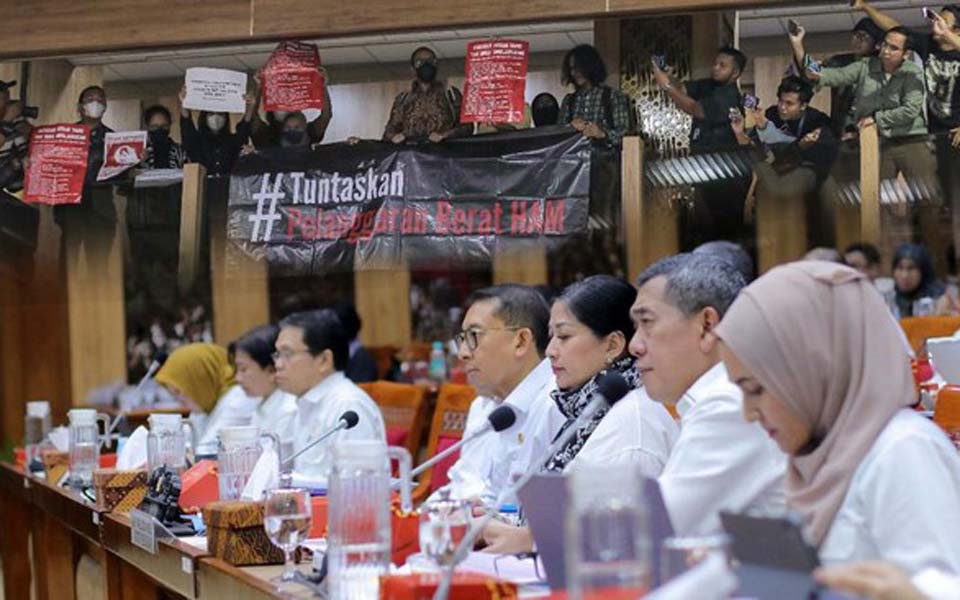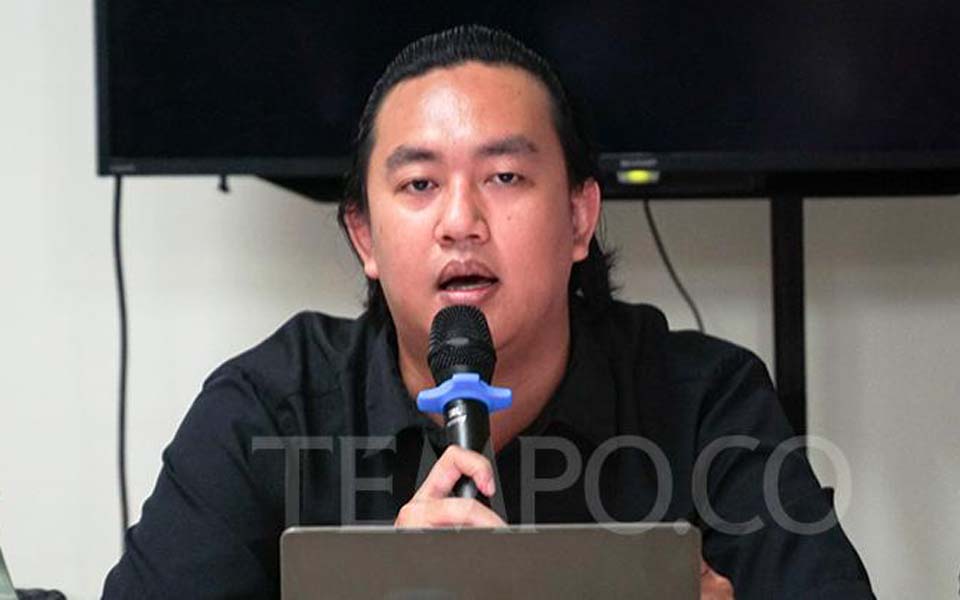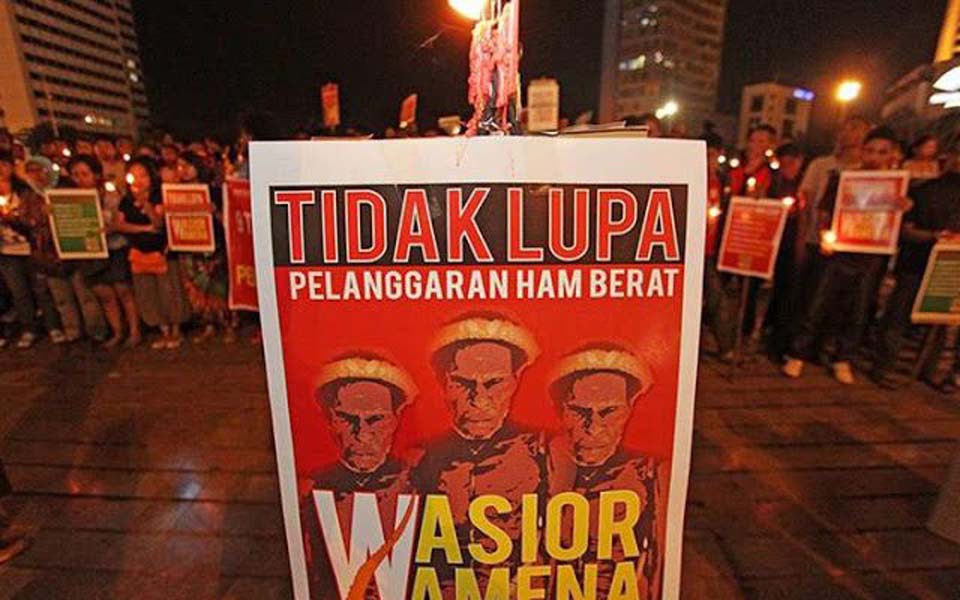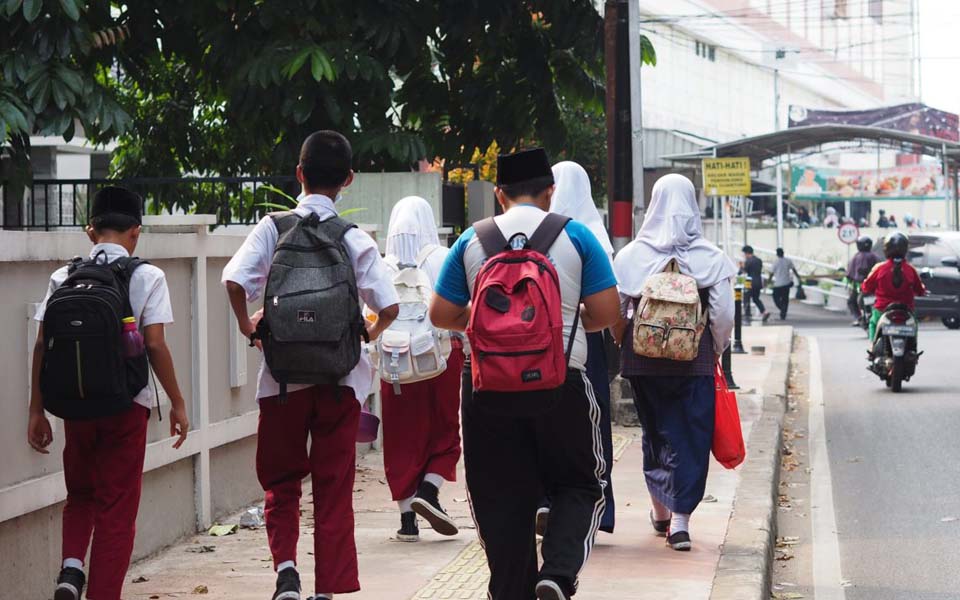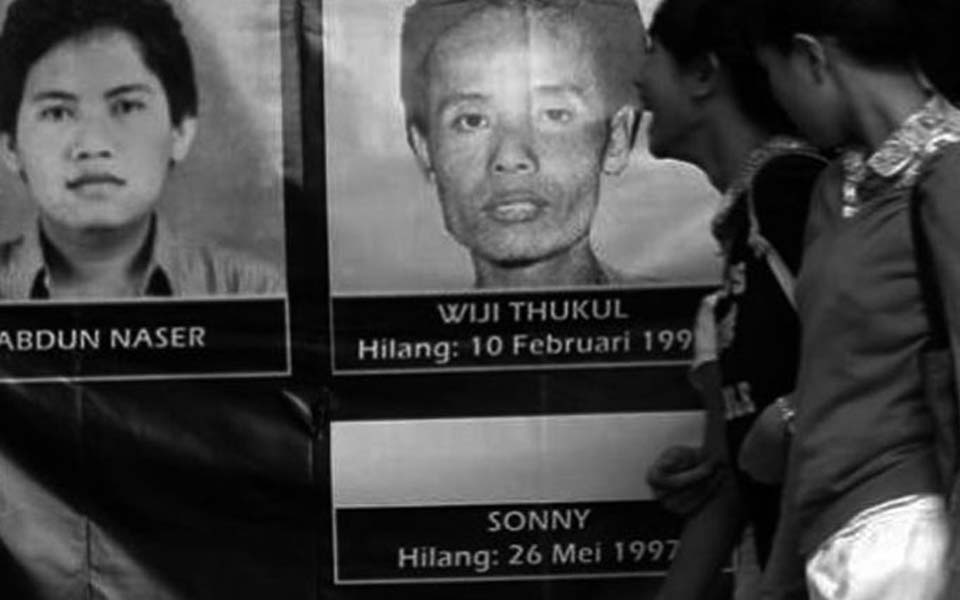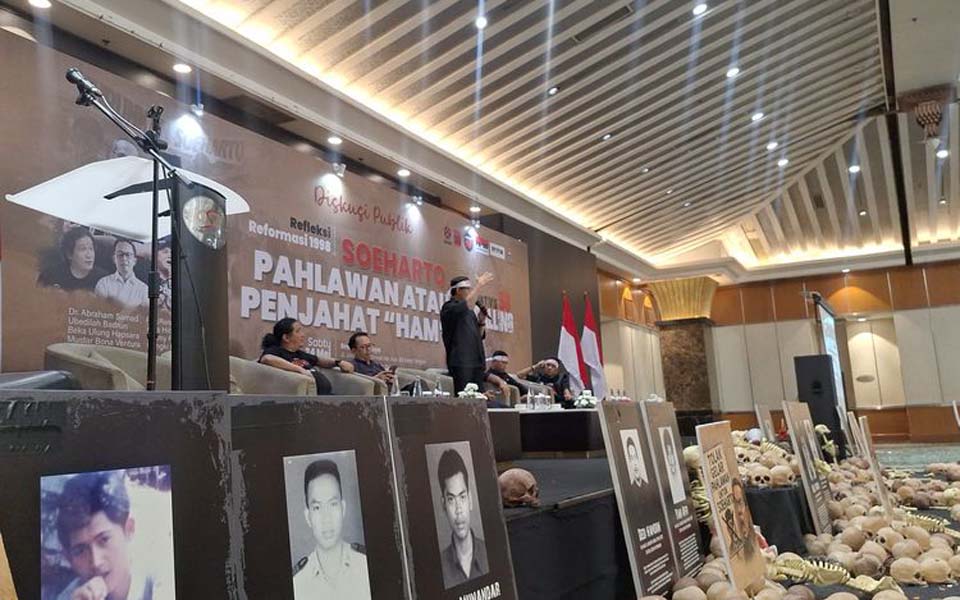Samsudhuha Wildansyah, Jakarta – The government is planning to form a National Reconciliation Council (DKN). Coordinating Minister for Security, Politics and Legal Affairs, Wiranto, has already invited a number of national figures to meet and discuss the DKN’s mission.
The meeting was held between 10am and 1.50pm at the Ministry for Security, Politics and Legal Affairs Wiranto (Kemenko Polhukam) offices on Jl Medan Merdeka Barat in Central Jakarta on Tuesday June 5.
The figures who attended included, among others, former Constitutional Court (MK) chief justice and Association of Indonesian Muslim Intellectuals (ICMI) general chairperson Jimly Assiddiqie and Law Professor Muladi from the University of Diponegoro (Undip).
“Primarily (the DKN’s mission) will only go as far as matters which do not involve a judicial process, beyond this process we want to revive a mediation mechanism which will have a cultural, traditional, a harmonious national life approach”, said Assiddiqie following the meeting.
Assiddiqie believes that a cultural approach takes advantage of one of the rich assets that Indonesia possesses. Because of this therefore, a cultural approach can be used as an alternative if legal channels are deemed too cumbersome.
“If it’s all done through the law, not to mention crimes that end in jail sentences, of those that go to jail only 30 percent will be repentant, 30 percent will hold grudges, 40 percent will become even worse. So an approach that is exclusively legal will end up like that. So we want to develop an approach that is more cultural or thereabouts, in order to prevent and overcome existing conflicts”, said Assiddiqie.
Assiddiqie did not deny that that the body could later also resolve past human rights cases. He also asserted that a full resolution of human rights cases by the DKN would not ignore the legal aspects.
“Without ignoring the legal approach it will complement [the process] so there is a solution that won’t leave things hanging in the air. But what is far more important right now is the future. So we must prevent possibilities like that”, said Assiddiqie.
According to Assiddiqie, not infrequently the law is instead used a tool for [certain political] interests. So this cultural approach is also important in the context of reconciliation.
Nevertheless Professor Muladi said that the DKN’s mission would be far broader and would not just address past human rights cases. “It will be on a national scale, not small scale issues, on a large scale, yes”, said Muladi.
With regard to cases of past human rights violations, Muladi is of the view that they should still be resolved by the Attorney General’s Office. The DKN will only mediate social conflicts on a national scale.
The DKN will comprise 17 members although Assiddiqie was unable to spell out who exactly the members would be. (bag/bag)
[Translated by James Balowski. The original title of the article was Dewan Kerukunan Nasional Segera Dibentuk untuk Tuntaskan Kasus HAM.]







